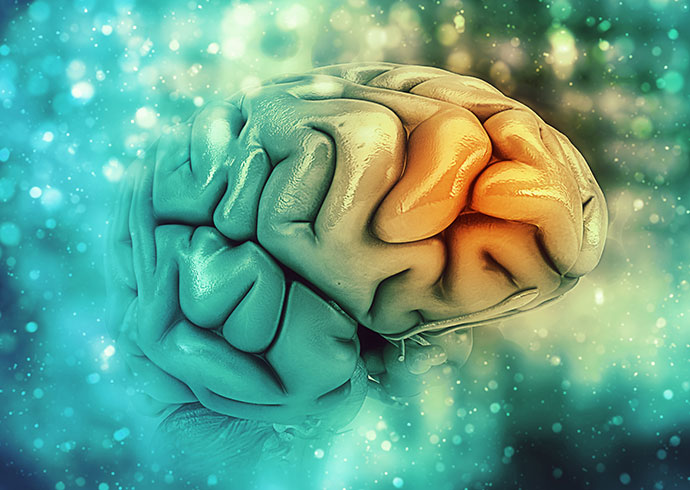
A team of scientists from the University of Cambridge have developed a new stem cell procedure which rejuvenates brain cells in rats. The procedure has incredible potential as it could someday be used to treat ageing-related brain diseases like Multiple Sclerosis (MS).
The researchers developed the procedure using that a type of stem cell called oligodendrocyte progenitor cells (OPCs). OPCs are immature cells used to maintain the brain and central nervous system.
One of the most important roles of OPCs is to differentiate into oligodendrocytes, which are cells responsible for creating a myelin sheath surrounding nerve fibres in the brain. The myelin sheath acts as a kind of insulating layer around nerve fibres, allowing them to transmit electrical impulses quickly and efficiently.
Damage to the myelin sheath is one of the primary features of multiple sclerosis. Once the sheath has been damaged, the brain’s electrical impulses are disrupted. This leads to the appearance of MS symptoms including tremors, difficulty walking, blurred vision, difficulty speaking, and cognitive problems.
The research team discovered that stiffness in the ageing brain impaired the function of OPCs. They decided to test how OPCs from older mice functioned when place into the brains of younger mice. They discovered that the OPCs became very lively and functioned like young OPCs.
This discovery meant that a chemical or molecular signal in the older brain’s environment was causing the OPCs to suffer from impaired function. This was a significant breakthrough, because researchers now knew that there was a trigger causing poor OPC function.
After closer analysis, the researchers discovered that a protein called Piezo1 may play an important role. This protein tells OPCs whether the the environment in which they exist contains stiff or soft material. By changing the level of Piezo1 in the brain, the OPCs could be fooled into believing they were in a younger brain, regaining full functionality. These findings may someday lead to a cure for MS.
Source: Rejuvenating brain stem cells may hold key to future MS treatments
{{cta(‘d62560c2-336a-4f88-9683-44a37a5bd7fd’)}}


